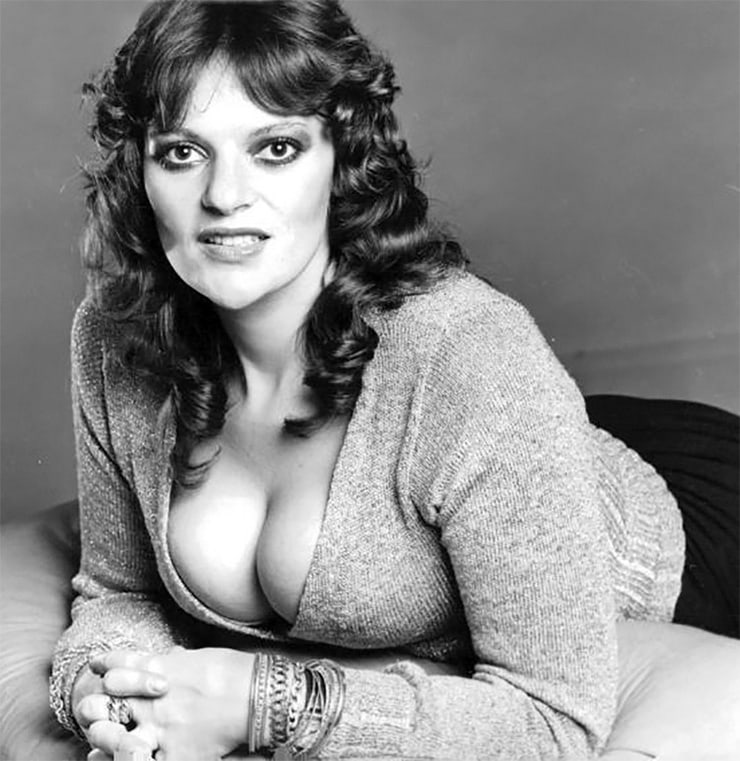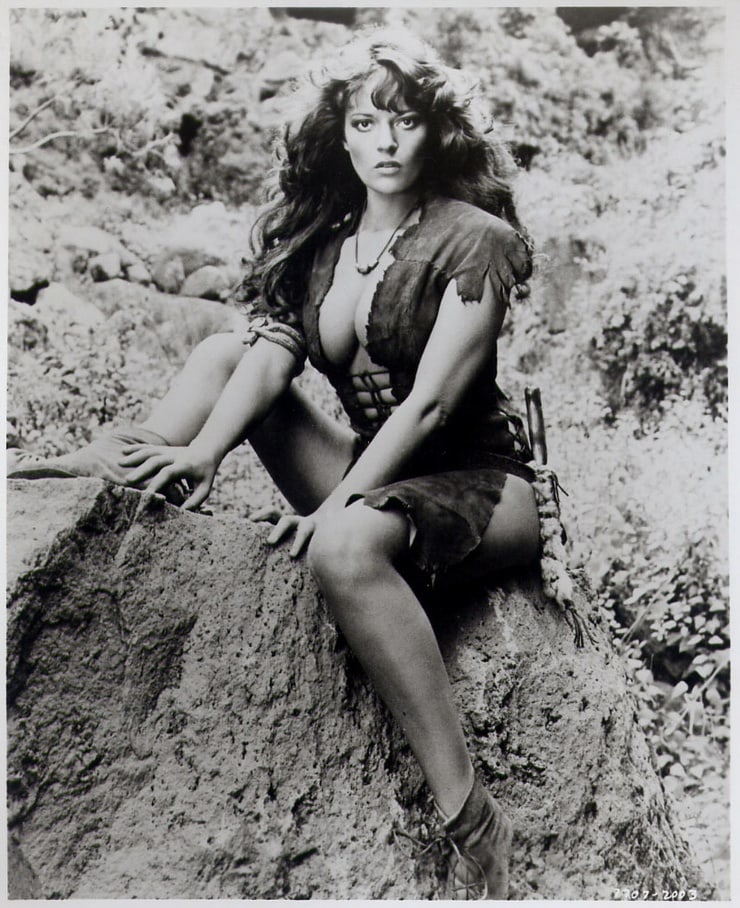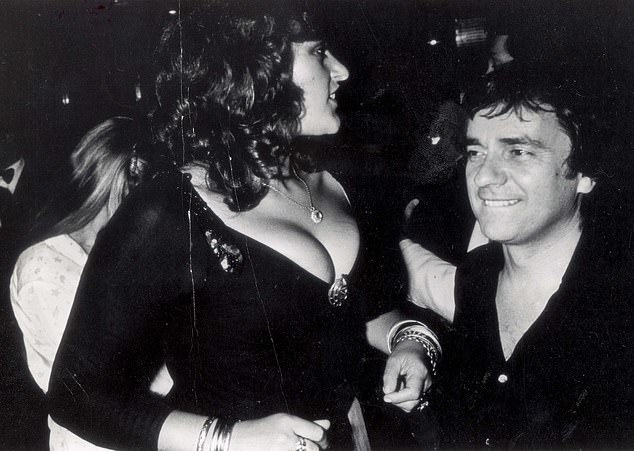It’s taken me nearly three years to write this.
When Former Drummer Knob and I set up the band that would carry us all the way through our 20s, he brought along a rhythm guitarist named Don (“Donat”, with a silent T) and a chubby, red-haired buddy named Kevin (“Sharks”) who spoke with a strong Detroit/Midwestern accent despite having been born in suburban New York. I was probably the worst musician of the four of us — but whereas they’d been poking around playing in garages, I’d already had two professional gigs (in trios playing “dinner-dance” music), and was only just starting to dip my toes into rock ‘n roll bass guitar.
Kevin was easily the best musician of us all at that point, but even though I could see him fitting well into our nascent band, there was a slight wrinkle in my plans in that he was already playing in another band, and had only agreed to come to our first jam session as a favor to Donat.
That all changed after about three hours of jamming: we had so much fun, and fitted together so well that there was absolutely no chance that Kevin could stay with the other band — at least, that’s what I insisted — and after a couple days’ reflection, he finally agreed, and thus was born the Pussyfoot Show Band. (It was the Seventies, shuddup, and we changed it later to “Atlantic” anyway.)
We were somewhat under the gun to build a repertoire because some other guys (twin brothers) had lent us amplifiers and other gear (Knob and I were the only ones who had all the gear we needed to perform). The condition of the loan was that we had to play at the twins’ twenty-first birthday, an event taking place in only a month or so’s time from that first jam session. So we sat down, and each band member had to contribute twenty songs — eighty being the number I estimated we’d need to play for five or six hours without repeating any — and oi vey! you have no idea what poured out of that little exercise. Fortunately, there were about thirty songs which everyone liked and wanted to play, so we set to it, practicing twice a week and hampered only by Donat being a filthy perfectionist and my poor playing, we managed to play the gig to fulfill the agreement with the twins. We had a great deal of fun, and along the way, I discovered how much I enjoyed playing with Kevin’s lead guitar (a metallic blue ’64 Fender Strat, btw). We took off, and stayed together pretty much for the whole of the next decade.
Here’s the thing. Over the following years, I would play with quite a few lead guitarists, whether jamming, or filling in at gigs, or full-time with other bands when we were on hiatus (don’t ask; think “Army draft” and you’ll get the picture). And a few guitarists were better than Kevin; but Kevin was my favorite guitarist. At worst, his lead solos were note-perfect, which was most of the time, and he could copy any solo ever played, by people like Clapton, Hendrix and Jimmy Page, to name but some — but every so often Kevin would play like a man possessed, and his solos were the equal of any guitarist in the world, period. At those times, I would stare across the stage at him in astonishment, and at the end of the song say, “Where the hell did that come from?” and he would just shrug, shuffle his feet and look embarrassed. I called them his “purple patches” because his playing at those times was, quite simply, majestic.
But as much as I enjoyed Kevin’s playing, I enjoyed his company more. We became the best of friends, and even though we were together several times a week (gigs, practices, club dates, whatever), most Sundays would find us at my place, sitting in the living room, drinking red wine, eating French bread and European cheeses, reading the Sunday newspapers, talking about everything under the sun and (of course) listening to music. When Sunday evening came round, we’d head off to an all-night bookstore together and buy a few books before going to our separate homes.
Kevin was, simply speaking, a nice guy, the nicest guy you could meet — and that, sadly, was often the cause of his downfall, because he was always at the mercy of others. His inherent goodness made him an easy target for people who were only too keen to take advantage of him, and did. Despite being permanently short of cash, he would lend money to anyone who asked — and then either Knob or I would have to bail him out, taking his share from the next gig’s income in repayment, when the original borrower(s) stiffed him.
He was not an attractive or handsome man: he was plump, had the redhead’s fishbelly-white skin and freckles, and his eyes protruded rather alarmingly out from under bushy-ginger eyebrows. Most women were especially cruel to him, as women tend to be, so when he found a girl who said she loved him, he fell like a ton of bricks, and of course I was the best man at his wedding (and he, much later, was best man at my first).
Unfortunately his new wife, a decade his junior, proved to be a pestilence. She was pregnant when they got married, and used that excuse to stay at home and not go to work. Keven’s meager income was barely enough to cover rent and food for his new family, but that didn’t stop her from buying new clothes, makeup and shoes every week. We in the band watched aghast as he became this harried, perpetually-worried man, at times barely able to make gigs — oh, and by the way, New Wifey was intensely jealous of his relationship with the band, and with me especially, so my closest friend essentially disappeared from my life outside the band.
Well, I eventually emigrated to the U.S. and set about building my new life. Kevin and I drifted apart, as people do when separated by such a wide gulf. Email, when it arrived, proved to be a lifesaver and we picked up the threads a little, until I heard that he was coming back to the U.S. and bringing his family with him. Unfortunately, I was living in Chicago at the time, and he was headed for downstate New York (where his job was), so we only ever got together once, when I was on a business trip to New York and we met up for dinner.
Nothing had changed for him, except that he and Wifey had had another child, a daughter who was now in her early teens. His son was in high school, and then went to Brown to study to be an actuarian. But Wifey was still fucking him over — he admitted that she’d had an online affair with some guy in Cleveland or something — and to make ends meet (she still refusing to work), he’d had to take a second job as a security guard at Giants Stadium. (The only bonus to this was that he could attend rock concerts for free.) Needless to say, he wasn’t playing in a band anymore — Wifey saw to that — so all he did was play guitar at home, composing songs that nobody would ever hear.
You have to understand that hearing about all this shit happening to my old friend was like a scourging of my soul, and talking about it with all the other ex-members of our band just caused us all to wince because there was nothing we could do about it. In the game of life, one of the Nice Guys had become tagged with the Loser label. All I could hope was that he would at some point have enough and ditch his family, horrible though that sounds. (I should mention in passing that his daughter, a truly stunning beauty, had in her mid-teens joined the tattoo-‘n-piercing set, aided and abetted by her tramp of a mother.)
Anyway, the situation resolved itself. Wifey left Kevin and went back to South Africa, taking both kids with her and leaving him with a boatload of credit-card debt that she’d thoughtfully accrued in the months while plotting her escape. So once again, he had no money and now, no family.
Just to add to all this: his son, the reason for Kevin’s getting married in the first place, wasn’t his. I don’t know if he knew this, but I would be surprised if he didn’t, because the resemblance was totally to the other guy and not Kevin himself. Kevin being Kevin, it made absolutely no difference to him and he loved the kid as his own; but now that too was over. He never saw his kids again.
Well, Kevin settled into life as a bachelor, moving in with his elderly mother in (I think) Pennsylvania. He met a nice girl who lived in Wisconsin (online thing, of course), and was all set to start all over again when, at age 60, his kidneys failed. This required weekly dialysis while he waited for a transplant donor, but while he was stricken, his mood never fell into the abyss (mine would have), and he re-discovered Catholicism, his childhood religion. He was living on disability by now, and even when his mother passed away, she left him with some money which made him, for the first time in his life, somewhat financially secure. He was able, finally, to do what he’d always wanted to do: compose and play music.
In October 2017, a little after his 64th birthday, my friend Kevin died of a massive and completely-unexpected heart attack. There were no warning signs, no family history of heart trouble, and none of his many medical examinations had ever shown any heart issues. Nevertheless, it gave out, and that was that.
And the world became a much darker, and far less kind and joyful a place with his essential goodness and wonderful talent snatched away from it.
I can’t write any more. Sorry, Kev, that it took so long for me to do this for you.
Your dearest friend always,

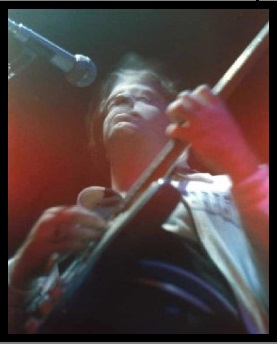
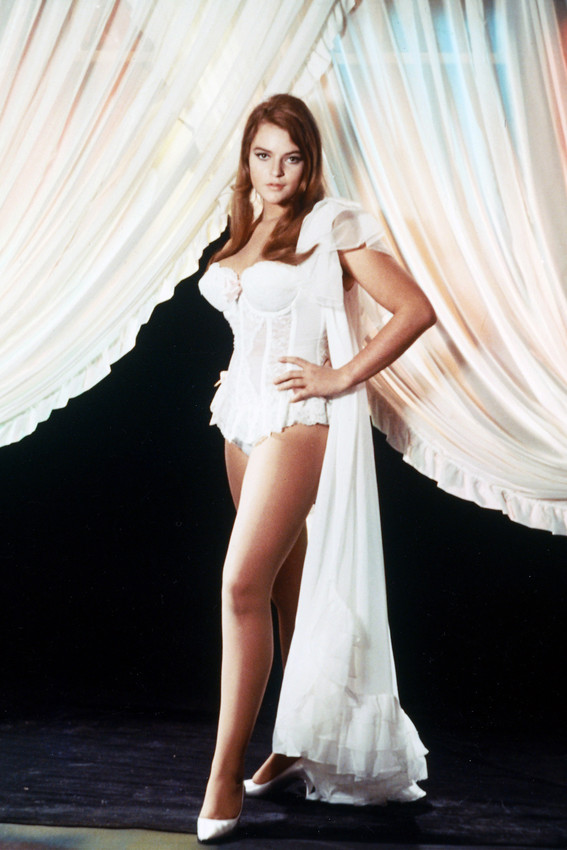
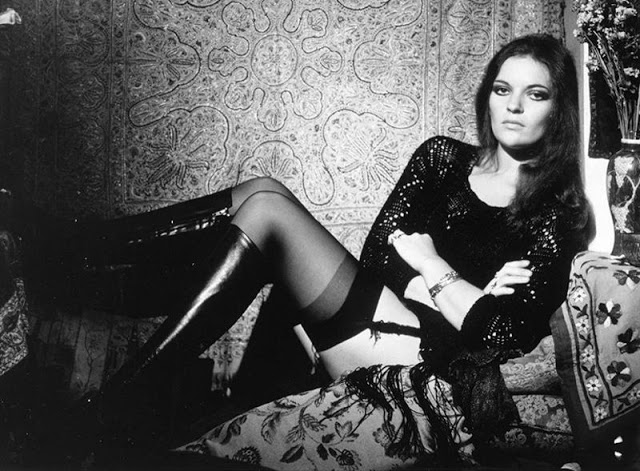
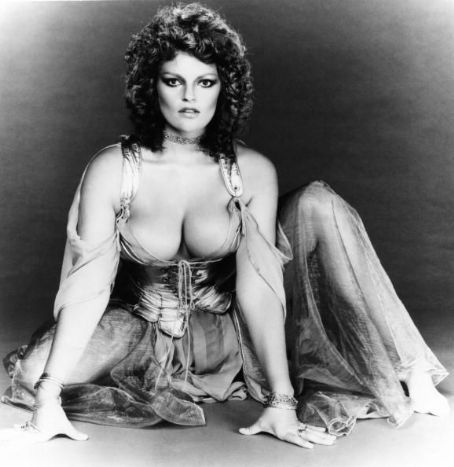 (album cover)
(album cover)